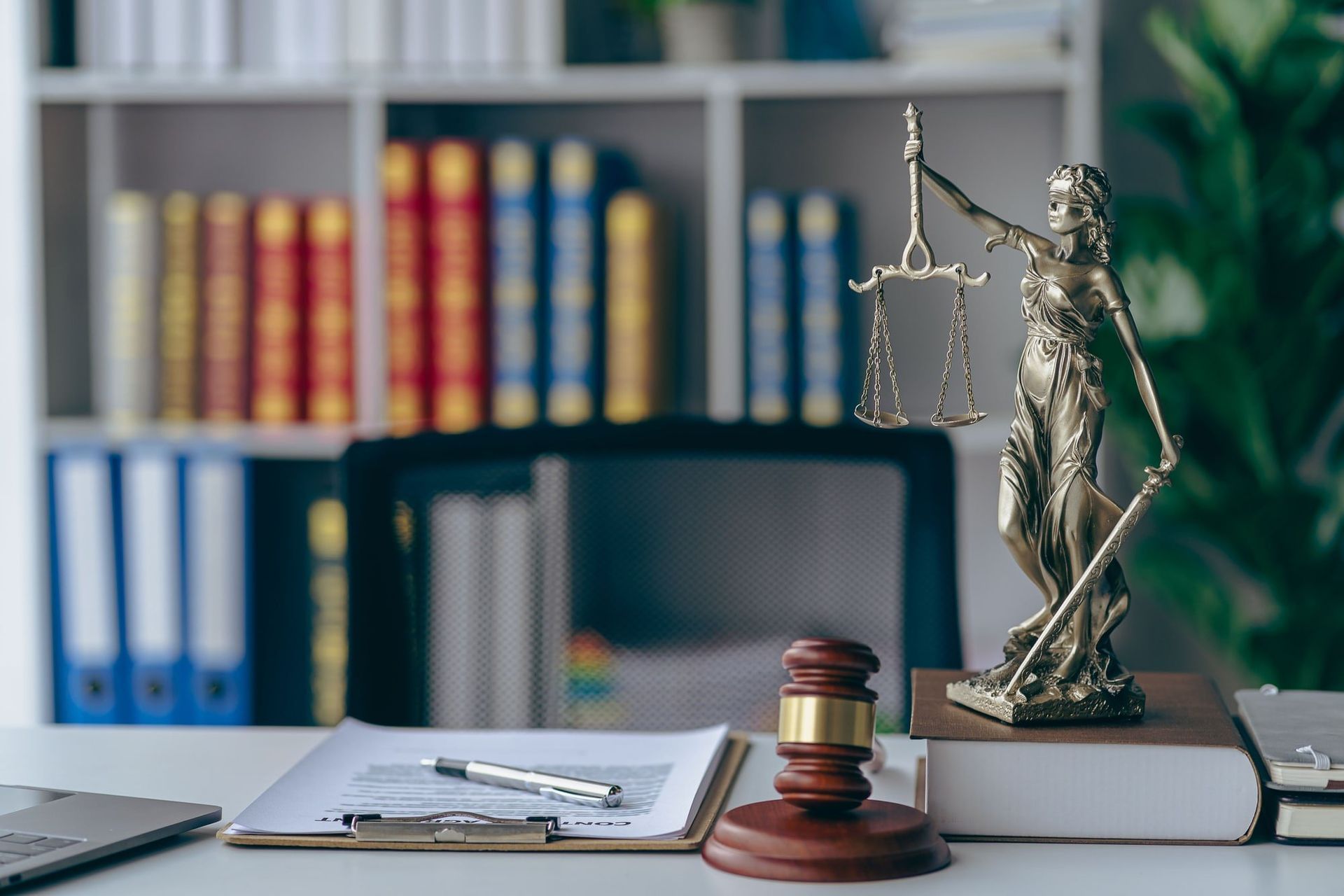
When facing criminal charges, the stakes are incredibly high. The consequences of a criminal conviction can include imprisonment, heavy fines, a permanent criminal record, loss of employment opportunities, damage to your reputation, loss of your driving privileges, and even restrictions on fundamental rights such as voting or owning a firearm. The complexities of the legal system make it nearly impossible for the average person to navigate a criminal case effectively without professional legal representation.
The legal system is intricate and filled with complex procedures, rules, and legal jargon. Attorneys spend years studying criminal law and gaining courtroom experience to understand how the system works. A average person, even with the best intentions, is unlikely to understand the nuances of criminal law, court procedures, evidentiary rules, and the rights afforded to defendants.
Why is it best to hire a criminal defense attorney, rather than representing yourself?
An attorney ensures that the defendant understands their legal rights and options at every stage of the process. Without an attorney, a person might unknowingly waive crucial rights, make self-incriminating statements, or fail to follow legal procedures that could hurt the outcome of their case.
A criminal defense attorney ensures that law enforcement and the prosecution follow constitutional procedures. If rights are violated or proper procedures are not followed, a criminal defense attorney knows the proper steps to take.
A defense attorney evaluates all aspects of the case, including the evidence, witness statements, police reports, case law, and any constitutional violations. With this knowledge a criminal defense attorney is able to identify weaknesses in the state’s case and create a legal strategy to challenge the charges. A defense strategy tailored to the specifics of the case significantly increases the chances of obtaining a favorable outcome.
When deemed appropriate, a skilled attorney negotiates with the prosecutor to obtain the best possible plea deal. Without an attorney, a defendant might accept an unfavorable deal, unaware of better options given the specific circumstances of their case.
If a case goes to trial, an attorney by your side is important as they understand the Minnesota Rules of Criminal Procedure, the Minnesota Rules of Evidence, and the Minnesota Rules of General Practice, which all parties are required to follow.
Defense attorneys are skilled at Selecting an impartial jury, making opening and closing arguments, examining and cross-examining witnesses, objecting to improper evidence or prosecutorial misconduct, and presenting a compelling and complete defense.
Attorneys understand courtroom procedures and know how to effectively challenge the state’s case. Defense attorneys are trained in persuasion and legal argumentation, which can often make the difference between a conviction and an acquittal.
Why is it better to have an attorney if you go to trial?
If a case goes to trial, an attorney by your side is important as they understand the Minnesota Rules of Criminal Procedure, the Minnesota Rules of Evidence, and the Minnesota Rules of General Practice, which all parties are required to follow.
Defense attorneys are skilled at Selecting an impartial jury, making opening and closing arguments, examining and cross-examining witnesses, objecting to improper evidence or prosecutorial misconduct, and presenting a compelling and complete defense.
Attorneys understand courtroom procedures and know how to effectively challenge the state’s case. Defense attorneys are trained in persuasion and legal argumentation, which can often make the difference between a conviction and an acquittal.
Criminal defense attorneys often have access to resources that defendants do not. They can hire private investigators, expert witnesses, and forensic specialists to strengthen the defense. Because defense attorneys do this work day in and day out, they have the opportunity to know and build relationships with such individuals. This can become important if you need to challenge forensic evidence such as DNA, fingerprint evidence, or even toxicology results. Medical experts can challenge claims in assault or drug-related cases. These types of experts provide critical testimony that can weaken the state’s case and provide doubt as to the state’s case
Long term impact of having a Criminal Defense Attorney
Even if a conviction is inevitable, an attorney can advocate for mitigating circumstances to reduce the sentence. Judges consider several factors when sentencing, and a lawyer can present arguments that justify a lighter punishment. A defense attorney understands that there are only certain things a judge can consider when making an argument for a mitigated departure and can therefore tailor the argument to those circumstances that will have the best chance of being successful. By presenting strong mitigation arguments, an attorney can significantly reduce jail time, fines, or other penalties.
A criminal record can have long-term consequences beyond immediate penalties. Convictions can impact a number of things, including but not limited to, employment opportunities, housing applications, immigration status, child custody cases, professional licenses, and drivers licenses privileges.
The importance of having an attorney in a criminal case cannot be overstated. The criminal justice system is complex, and the consequences of a conviction can be life-altering. Defense attorneys have multiple years of schooling and experience to make sure that your rights are protected and defended at every stage of the case.






